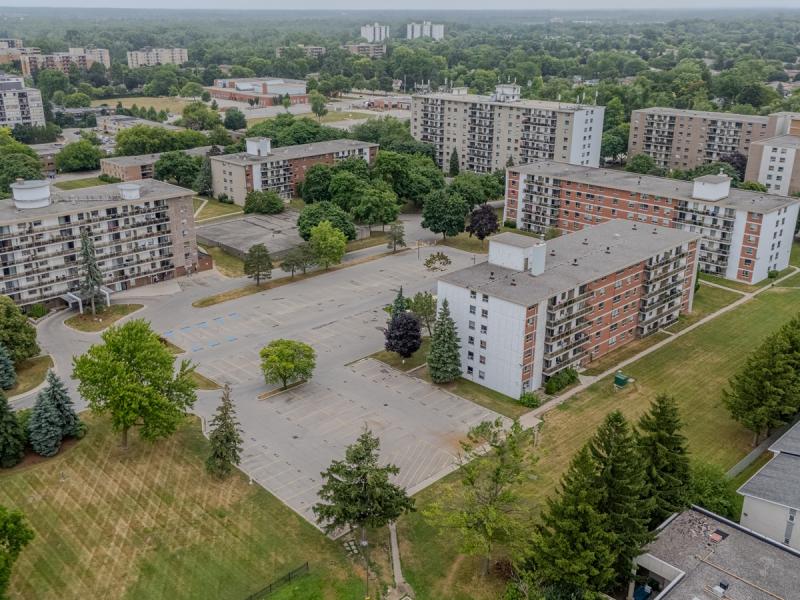 The big news out of Vancouver recently has been the release of a report by Resonance Consulting about the future of B.C. housing.
The big news out of Vancouver recently has been the release of a report by Resonance Consulting about the future of B.C. housing.
There are many valuable takeaways in the report about what real estate buyers across all generations want and need from their housing.
But what seems lost in all the conversation about real estate pricing in Vancouver are the two key ingredients for solving the problem: inventory supply and availability of credit. If you want to solve affordability, that’s where you start.
The ongoing supply dilemma
I don’t think it’s surprising to those in the industry to state that real estate prices in Vancouver are high because of lack of supply. But reading this report, and so many others on B.C. real estate, you would think the culprit is demand. But the demand was fully expected.
Prior to the 2010 Winter Olympics, we promoted Vancouver globally, upgraded highways and built new facilities and guess what? The world took notice.
Real estate prices skyrocketed. That was the plan. It is by design that Vancouver is ranked as such a desirable place to live, and yet we still want cheap housing? If you’re one of the most desirable places to live, you will become one of the most expensive.
Attempting to add more supply
We are trying to add more supply, particularly in the commercial asset class. Our commercial condo development, IntraUrban, was launched specifically to address the supply issue with industrial space within city limits by providing small strata bays for small and medium-sized business owners.
We are now doing the same in other areas of the city and in Kelowna and in Victoria. But it’s difficult for developers to provide inventory fast enough as we are dependent on the municipalities we work with.
If we really want to address and deep dive into real estate prices in B.C, we need to focus on supply – how quickly can units be produced? How many people are moving here buying and reducing inventory?
How many babies are being born? How many units do we need to produce to meet current and future demand?
Availability of credit
Tightening rules around borrowing will make real estate ownership less achievable but personal debt more manageable – or dare we say “affordable”? However, rules around credit imposed by government are often a double-edged sword.
The new mortgage rules in B.C., for example, have limited people’s ability to buy new homes. According to the Resonance report, almost half (48%) of B.C. residents feel the new, more stringent mortgage lending rules have had an impact on their ability to purchase new homes.
But it’s important to do so or prices will continue to escalate.
And it’s important to remember that the availability of credit is universal. A person earning $80,000 per year in Vancouver can borrow the same amount as a person earning the same in Kelowna or Victoria.
So if moving to another town means you can become a homeowner whereas in Vancouver you cannot, then we will see a movement of young families away from Vancouver. That is, unless we address the issue of supply.
Prices will increase in other cities
And if we don’t address that issue, prices will go up in cities like Victoria and Kelowna where people are moving to buy homes, increasing prices in those cities, reducing supply, encouraging more development and leading to similar Vancouver problems down the road. It’s a vicious cycle.
The same report mentions that Vancouver prices have hit a wall, if not decreased, in the months after the implementation of the foreign buyers tax. But prices are going to go up again.
Property tax assessments have risen by 30% in many Metro Vancouver municipalities in just a single year. Owners will now be reluctant to sell their homes for less than their assessed value. That will reduce the supply – again – so prices will rise to accommodate the shortage.
At the recent UDI Forecast Lunch, industry insiders predicted supply of almost every housing type will remain low. The rental market, with just 1,800 new units coming on board, will keep pressure on home values
And prices overall are expected to rise by 10 per cent. In other words, there is no end in sight to supply and credit issues keeping affordability an issue.
Suggestions to solve supply issues
To solve supply issues, the following could help a great deal:
* Faster application processing times by Metro Vancouver municipalities will allow developers to bring new product on the market faster. More competition means better pricing to the buyers;
* Increased density closer to income-generating areas would allow for development of more units;
* Heavy investments in infrastructure (transportation) to make commuting to work more and more likely.
My suggestions on credit policies are to take it very slow. Much like a microscope that is generally in focus, minute adjustments can improve the image, but big adjustments are guaranteed to make the image fuzzy, or worse.
The same is true of credit policies: small and careful adjustments only. If we address the supply and prices stabilize, only then government should adjust interest rates and underwriting rules for loans.







